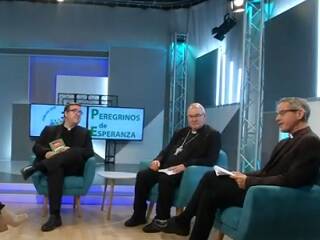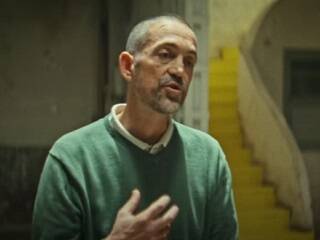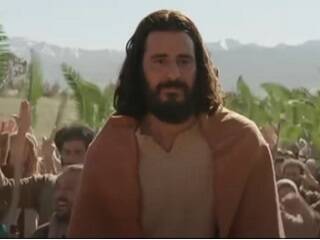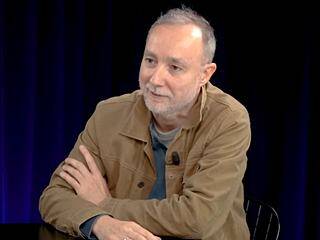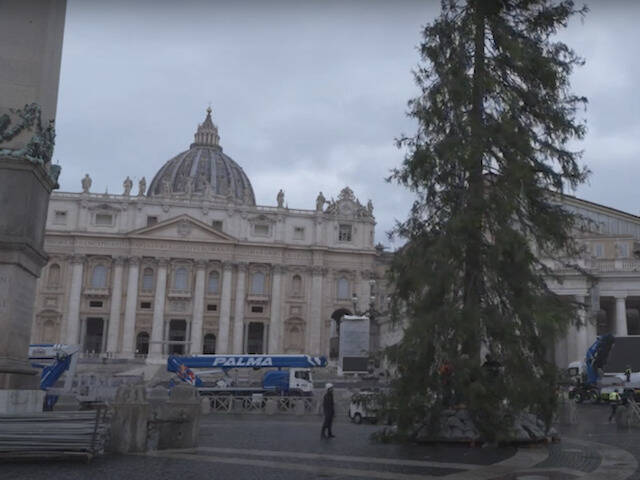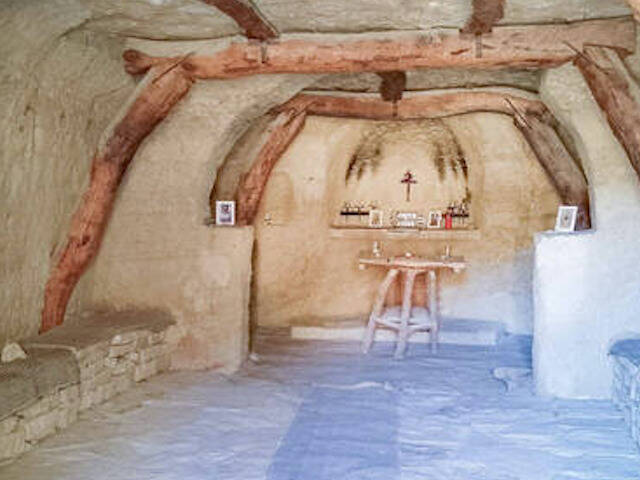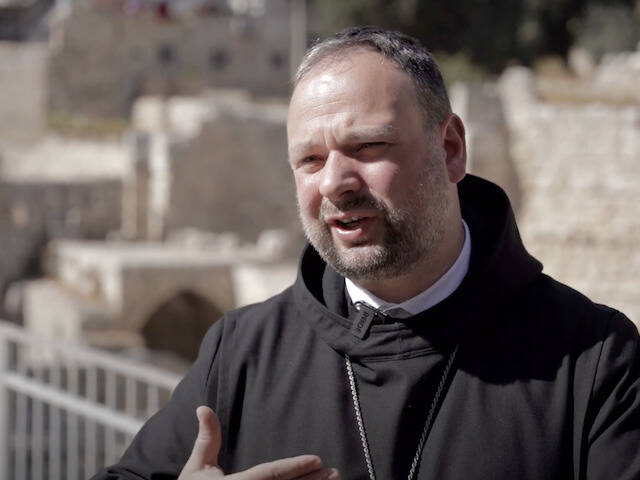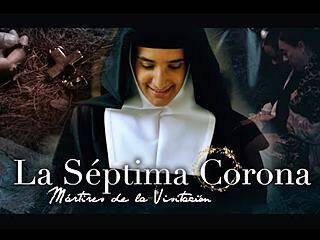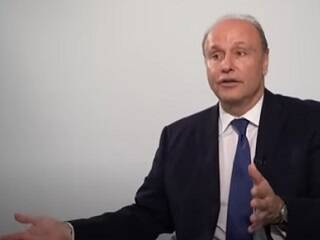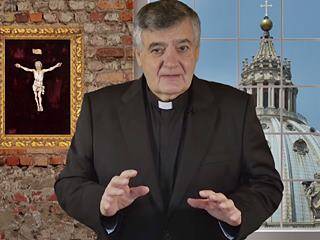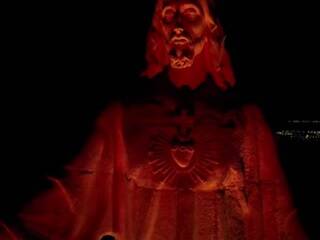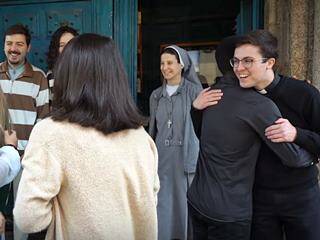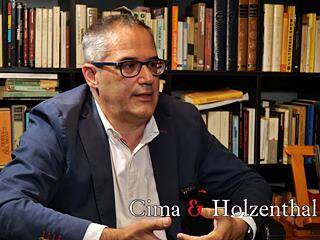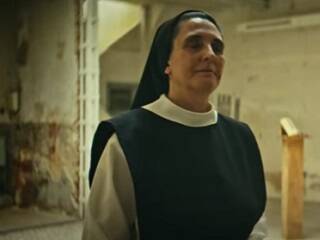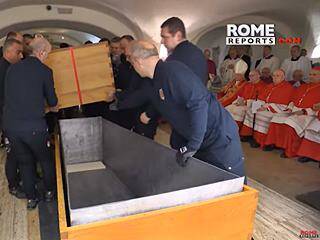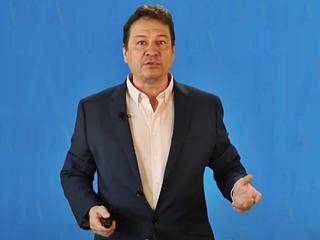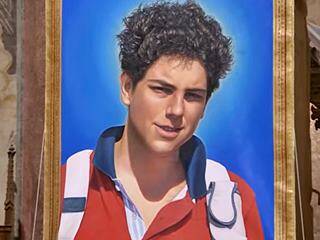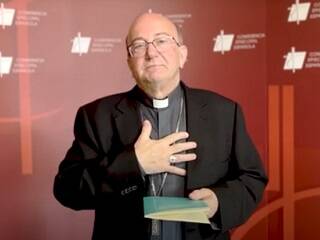
¿El Papa ha vencido a la pérfida Albión?
por Manuel Morillo

The Guardian 18 Sep 2010 Page: 4
Así parece percibirlo The Guardian (periódico gemelo ideológicamente de El País) al interpretar el discurso del Papa a los líderes británicos en el Westminster Hall

¡Abajo el imperio británico! (construcción política al servicio del liberalismo masónico)
¡Viva Inglaterra libre! ¡Viva Gales libre! ¡Viva Escocia libre! ¡Viva Irlanda libre! (naciones de la Cristiandad)
¡Viva Inglaterra libre! ¡Viva Gales libre! ¡Viva Escocia libre! ¡Viva Irlanda libre! (naciones de la Cristiandad)
------------------
"This was the end of the British Empire. In all the four centuries from Elizabeth I to Elizabeth II, England has been defined as a Protestant nation. The Catholics were the Other; sometimes violent terrorists and rebels, sometimes merely dirty immigrants. The sense that this was a nation specially blessed by God arose from a deeply anti-Catholic reading of the Bible. Yet it was central to English self-understanding when Queen Elizabeth II was crowned in 1952, and swore to uphold the Protestant religion by law established.
For all of those 400 or so years it would have been unthinkable that a pope should stand in Westminster Hall and praise Sir Thomas More, who died to defend the pope´s sovereignty against the king´s. Rebellion against the pope was the foundational act of English power. And now the power is gone, and perhaps the rebellion has gone, too. Perhaps, though, it has not. First there was Rowan Williams, making the point that when the Anglican and Roman Catholic bishops of England mingled in Lambeth Palace, all alike were bishops. This the pope, of course, denies. Then there is our stubborn attachment to the notion that all you really need is decency, rather than theology. This, too, the pope denies, and the section of his speech dealing with that was the most interesting part. "If moral principles underpinning the democratic process are themselves determined by nothing more solid than social consensus, then the fragility of the process becomes all too evident – herein lies the real challenge for democracy."
Traducción (más o menos acertada)
"Esto es el final del Imperio Británico. En los últimos cuatro siglos, desde Isabel I hasta Isabel II, Inglaterra se ha definido como una nación protestante. Los católicos fueron los Otros; a veces violentos terroristas y rebeldes, otras veces solo los sucios inmigrantes. La sensación de que ésta era una nación especialmente bendecida por Dios surgió de una lectura profundamente anti-católica de la Biblia. Y esto todavía era fundamental para la autocomprensión inglesa cuando la reina Isabel II fue coronada en 1952, y juró defender la religión protestante por la ley establecida.
Durante todos estos últimos 400 años hubiera sido impensable que un Papa estuviera en el Palacio de Westminster y la alabara a Sir Thomas More, que murió por defender la soberanía del Papa contra el rey. Rebelión contra el Papa que fue el acto fundacional del poder inglés. Y ahora el poder se ha ido, y tal vez la rebelión se ha ido, también. Tal vez, sin embargo, no es así. Primero fue Rowan Williams, pareciendo que cuando los anglicanos y los obispos católicos de Inglaterra se mezclaban en el Palacio de Lambeth, todos por igual eran obispos. Este Papa, por supuesto, lo niega. Luego está el apego obstinado a la idea de que lo único que necesitas es la decencia, en lugar de la teología. Esto, también, el Papa lo niega. Y la parte más interesante del contenido del discurso papal lo ocupa diciendo. "Si los principios morales que sustentan el proceso democrático están determinadas por nada más sólido que el consenso social, la fragilidad del proceso se vuelve muy evidente - ahí está el verdadero reto para la democracia".
---
Comentarios

